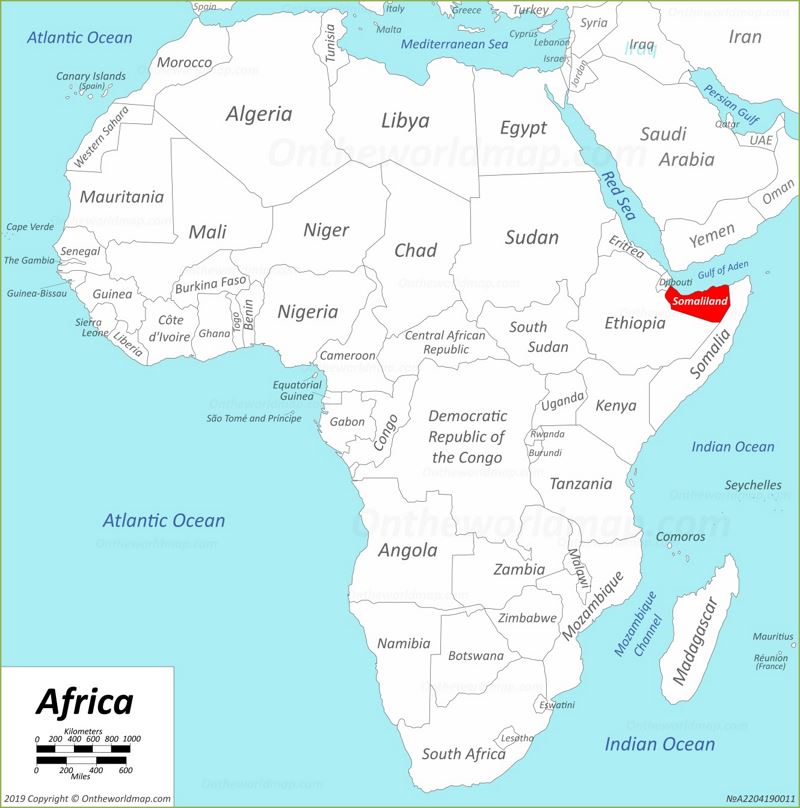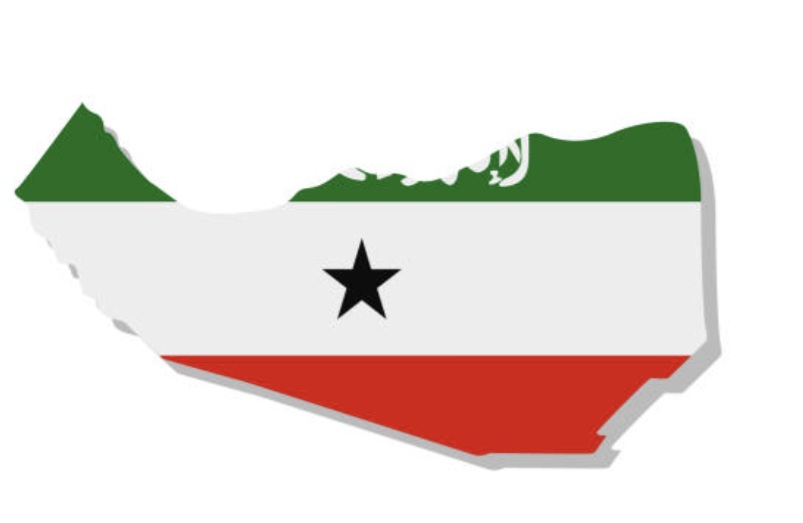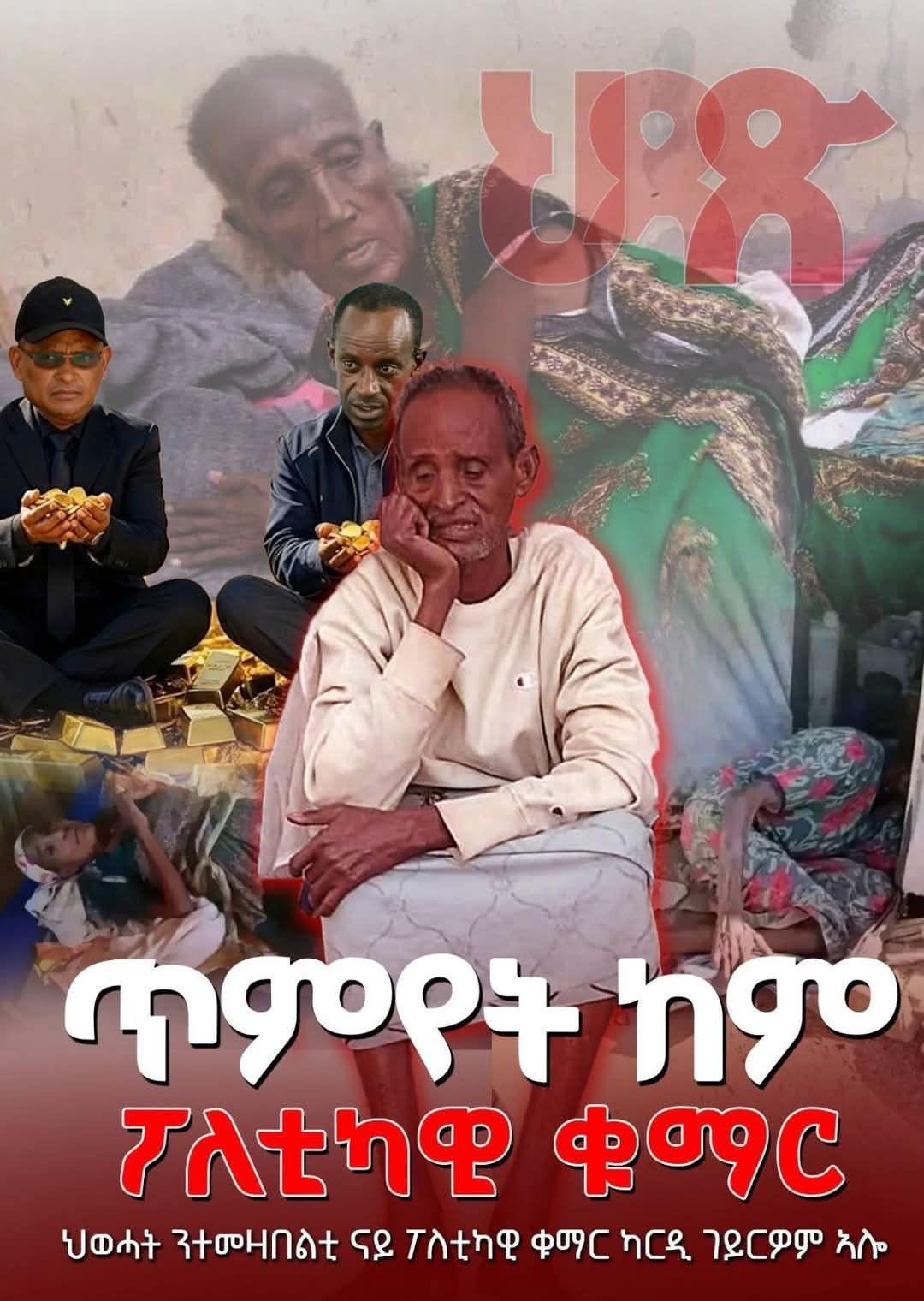Mekelle፡Telaviv, Nairobi, Pretoria, London, (Horn News Hub).
Somaliland’s Bid for Recognition: Why Washington Could Lead Where Africa Hesitates
For more than three decades, Somaliland has quietly stood apart from the turmoil of Somalia. While Mogadishu cycles through fragility, insurgency and external interventions, Somaliland the self-declared republic in the Horn of Africa has built functioning state institutions, held competitive elections, and sustained relative stability in a turbulent region. Yet, despite ticking many of the boxes of statehood under international law, its dream of recognition remains suspended in diplomatic limbo.
Now, momentum is stirring in Washington. U.S. Senator Ted Cruz, chairman of the Senate Foreign Relations Subcommittee on Africa and Global Health Policy, has urged President Donald Trump to formally recognize Somaliland. He is joined by veteran American diplomat Herman J. Cohen, who once played a central role in U.S.-Africa relations. Their calls signal a potential policy shift that could alter the strategic balance in the Horn of Africa and test the African Union’s long-held doctrine of preserving colonial-era borders.

A State Without a Seat
Somaliland declared independence in 1991 following the collapse of Somalia’s central government. It has its own currency, judiciary, and security forces. Its elections, though imperfect, have been deemed more credible than those of many recognized African states. For ordinary Somalilanders, independence is not a temporary aspiration but a lived reality.
Yet no government formally recognizes it. The African Union, wary of opening the floodgates to secessionist claims, has consistently reaffirmed Somalia’s territorial integrity. For many African leaders, recognition of Somaliland could embolden separatist movements from Nigeria’s Biafra to Cameroon’s Ambazonia.
Why Washington Matters
The United States’ role is pivotal. During the wave of African independence in the mid-20th century, recognition often flowed first from European capitals before African states followed. Today, Somaliland’s advocates argue that U.S. recognition could break the diplomatic deadlock and create space for broader acceptance.
Senator Cruz frames it in stark geopolitical terms: Somaliland offers a democratic partner in a strategic location overlooking the Gulf of Aden one of the world’s busiest shipping lanes. With China deepening ties in Djibouti, and Gulf states exerting influence across the Red Sea corridor, Washington sees an opportunity to secure a foothold. For Trump, who has long touted transactional diplomacy, Somaliland’s pitch is simple: recognition in exchange for strategic alignment.
The African Union’s Dilemma
The AU is in a bind. On the one hand, Somaliland has demonstrated governance capacity far beyond that of Mogadishu. On the other, endorsing secession risks fracturing the fragile consensus that keeps the continent’s patchwork of borders intact. The principle of uti possidetis respect for inherited colonial boundaries has been the AU’s shield against Balkanisation.
But history is not static. Eritrea’s recognition in 1993, South Sudan’s in 2011, and Kosovo’s precedent beyond Africa demonstrate that when statehood becomes a durable fact, the international community eventually bends. The longer Somaliland maintains stability, the harder it becomes for the AU to justify continued denial.
Risks and Rewards
Recognition carries risks. Mogadishu would see it as an existential betrayal, potentially destabilising fragile reconciliation efforts. Ethiopia, juggling its own restive regions, might hesitate to endorse a move that legitimises breakaway aspirations. Gulf states, already invested in Somaliland’s port of Berbera, would seek to capitalise on new alignments.
But there are rewards. Somaliland could become a bulwark of stability in a volatile region, a partner in counterterrorism, and a counterweight to Chinese naval presence. For Washington, it is an opportunity to showcase support for democratic governance in Africa, while securing strategic maritime access.
The Road Ahead
Somaliland’s quest for recognition is not a passing whim. Three decades on, its institutions are entrenched, its people resolute. While the AU clings to precedent, the real decision may now rest in Washington. Should the U.S. take the leap under Trump, it could force the international community and eventually Africa to reckon with a reality already lived by millions.
Recognition of Somaliland would not merely redraw a line on the map. It would test the very principles by which Africa governs its political future between preserving unity at all costs, or acknowledging political legitimacy where it is earned.
#Somaliland #Independence






